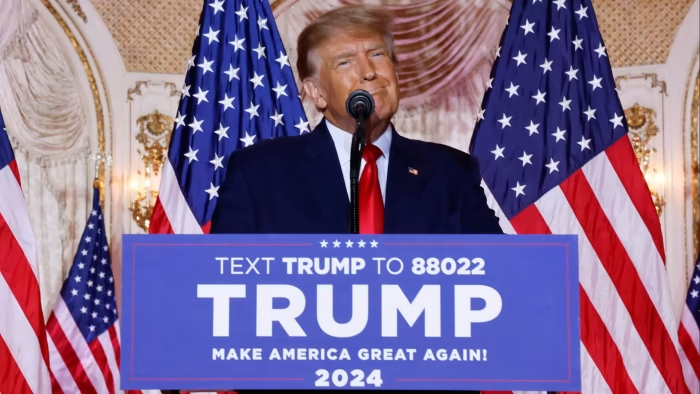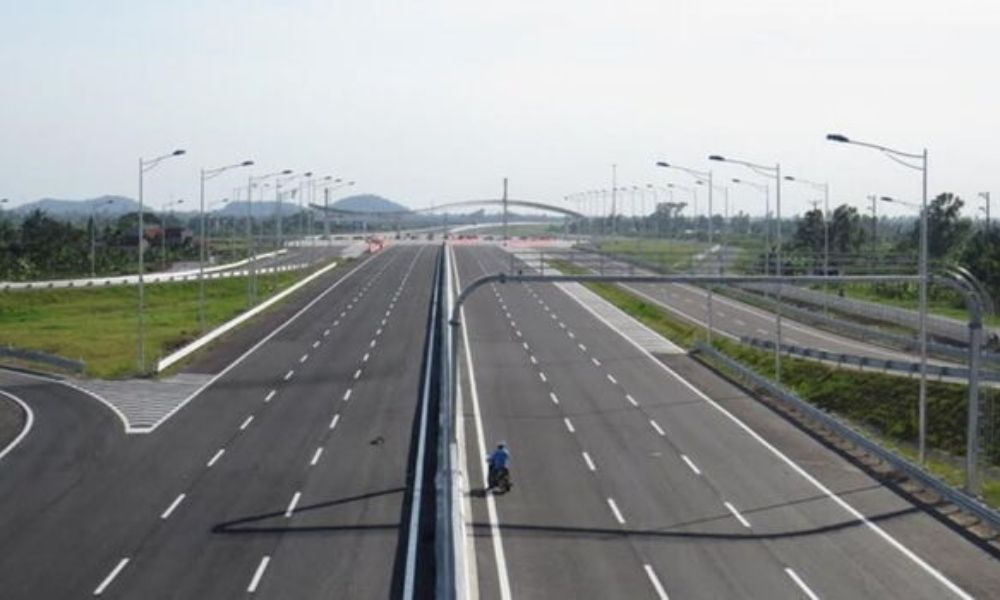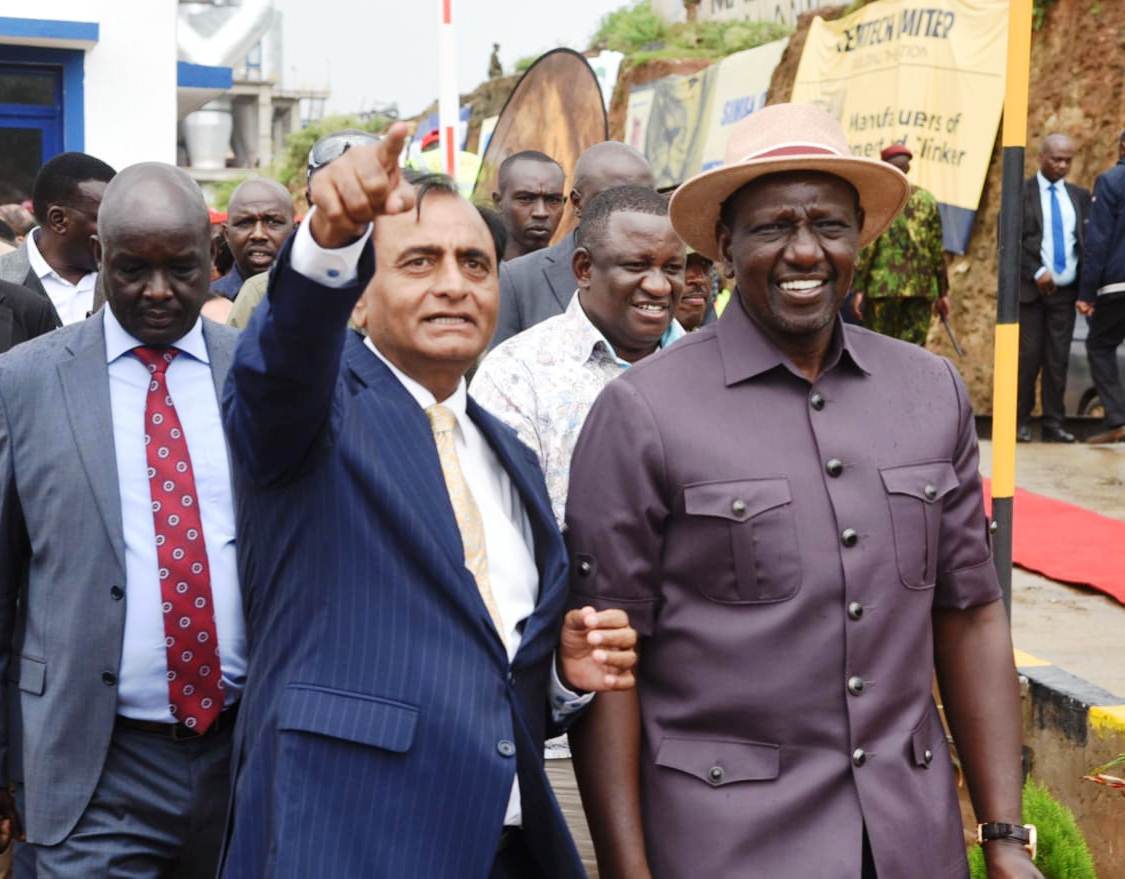As former President Donald Trump positions himself for a potential return to the White House, leaders in Kenya, including President William Ruto and opposition figure Raila Odinga, are closely monitoring how his comeback could alter the political and diplomatic dynamics. While the outcome of the 2024 U.S. election remains uncertain, for now, the prospect of a Trump victory is already sparking concerns in Kenya, especially regarding the future of U.S.-Kenya relations and the broader implications for the country’s geopolitical standing.
During his first term, Trump’s foreign policy was often described as transactional and unpredictable, creating both opportunities and challenges for nations around the world. For Ruto and Raila, the uncertainty surrounding Trump’s potential return is not just about a change in leadership in Washington, but about how his policies might influence their political aspirations and affect Kenya’s standing on the global stage.
U.S. Influence in Kenya’s Political Landscape: A Retrospective View
Kenya’s 2022 presidential election, in which William Ruto emerged as the winner, was notably influenced by international factors, including the role played by the United States in ensuring a peaceful transition of power. There is a growing narrative that the U.S., under President Joe Biden, actively supported Ruto’s candidacy, while remaining more cautious about Raila Odinga’s bid for the presidency. This backing was part of a broader strategy by the Biden administration to align with Kenya’s leadership on key issues, such as regional stability, combating terrorism, and fostering democratic governance.
Since Ruto’s election, Kenya has deepened its ties with the U.S. Democratic Party, exemplified by Ruto’s historic state visit to Washington, D.C. in 2022. During this visit, Ruto became the first African head of state to receive a state dinner and other ceremonial honours under the Biden administration, signalling a deepening of diplomatic and economic relations between the two nations. For Kenya, this partnership has already yielded significant benefits, including substantial financial aid for development programs, security cooperation, and infrastructure investments.
For example, during his state visit, Ruto secured commitments from the U.S. totalling billions of dollars in support for various initiatives, including the $3.2 billion Kenya Literacy Program, the donation of 16 helicopters for regional security, and millions more for modernizing Kenya’s police and prison systems. The U.S. also pledged substantial investments in Kenya’s infrastructure, such as the construction of a major six-lane highway between Nairobi and Mombasa, which will facilitate trade and create thousands of jobs.
The Uncertainty of a Trump Presidency: Potential Shifts in U.S.-Kenya Relations
Despite the strong relationship between Ruto and the Biden administration, the prospect of Trump returning to office raises questions about the future of U.S.-Kenya ties. Trump’s approach to foreign policy during his first term was often characterized by an “America First” stance, which placed greater emphasis on economic interests and national security over traditional alliances and promoting democratic values. This approach raised concerns among several African nations, including Kenya, about how a second Trump presidency might impact their foreign policy and economic interests.
For President Ruto, much of Kenya’s recent economic progress and diplomatic leverage with the U.S. has been built on the partnership with the Biden administration. Should Trump return, it is unclear whether his administration would continue to prioritize Kenya’s development needs in the same way. Trump’s focus on securing economic and trade deals rather than promoting democratic values might shift U.S. foreign policy towards more transactional relationships, which could place Ruto in a less favourable position as Kenya continues to rely on U.S. support for its security and development goals.
Raila Odinga and the U.S. Role in African Leadership
The return of Trump to the White House could also have significant implications for Raila Odinga’s political ambitions, particularly his bid for the leadership of the African Union Commission. Raila, a veteran of Kenyan politics, has long sought to strengthen his political influence both in Kenya and on the African continent, and securing the chairmanship of the African Union Commission would be a major step in that direction.
During the Biden administration, Raila enjoyed strong diplomatic support, particularly from the U.S. Ambassador to Kenya, Meg Whitman, who was instrumental in advocating for his candidacy for the AU post. However, with the potential shift in leadership in Washington, there is growing concern that Trump’s approach to African leadership could be less favourable to Raila. Given Trump’s focus on business and security priorities rather than political alliances, it is uncertain whether he would back Raila’s candidacy or whether he would prefer other candidates, such as Mahamoud Ali Youssouf, the Foreign Minister of Djibouti, who is also vying for the AU Commission chairmanship.
Raila’s historical alignment with the U.S. Democratic Party has been a key part of his international strategy, but Trump’s more pragmatic, business-oriented approach to foreign diplomacy might not be as receptive to Raila’s goals. If Trump takes a more hands-off approach to African leadership and shifts U.S. foreign policy towards supporting regional power dynamics that are more aligned with his economic and security interests, Raila’s prospects could be significantly impacted.
What Does Trump’s Presidency Mean for Kenya?
As the 2024 U.S. election draws nearer, the potential for a Trump victory presents both uncertainty and opportunity for Kenya. For President Ruto, who has cultivated a close relationship with the Biden administration, the return of Trump could lead to changes in U.S. foreign policy that might prioritize different objectives, such as economic deals and security concerns, over support for Kenya’s development and democratic progress.
For Raila Odinga, the stakes are equally high. His ambitions on the continental stage could be jeopardized if the U.S. shifts its support away from his candidacy for AU leadership. The delicate balance between Kenya’s domestic political goals and its international alliances will become even more important if Trump returns to power, as the country will have to navigate a more unpredictable and less supportive U.S. administration. As Kenya looks ahead, it must prepare for a possible shift in U.S. policy that could have wide-reaching consequences for both its domestic politics and its standing in the international community. Whether under Biden or Trump, Kenya’s leaders will need to adapt to an evolving geopolitical environment, balancing their relationships with the U.S., other global powers, and regional partners to safeguard the country’s interests and further its development agenda in the coming years. How the political landscape unfolds in both Kenya and the U.S. will likely have profound implications for Kenya’s foreign policy and political trajectory in the years to co





